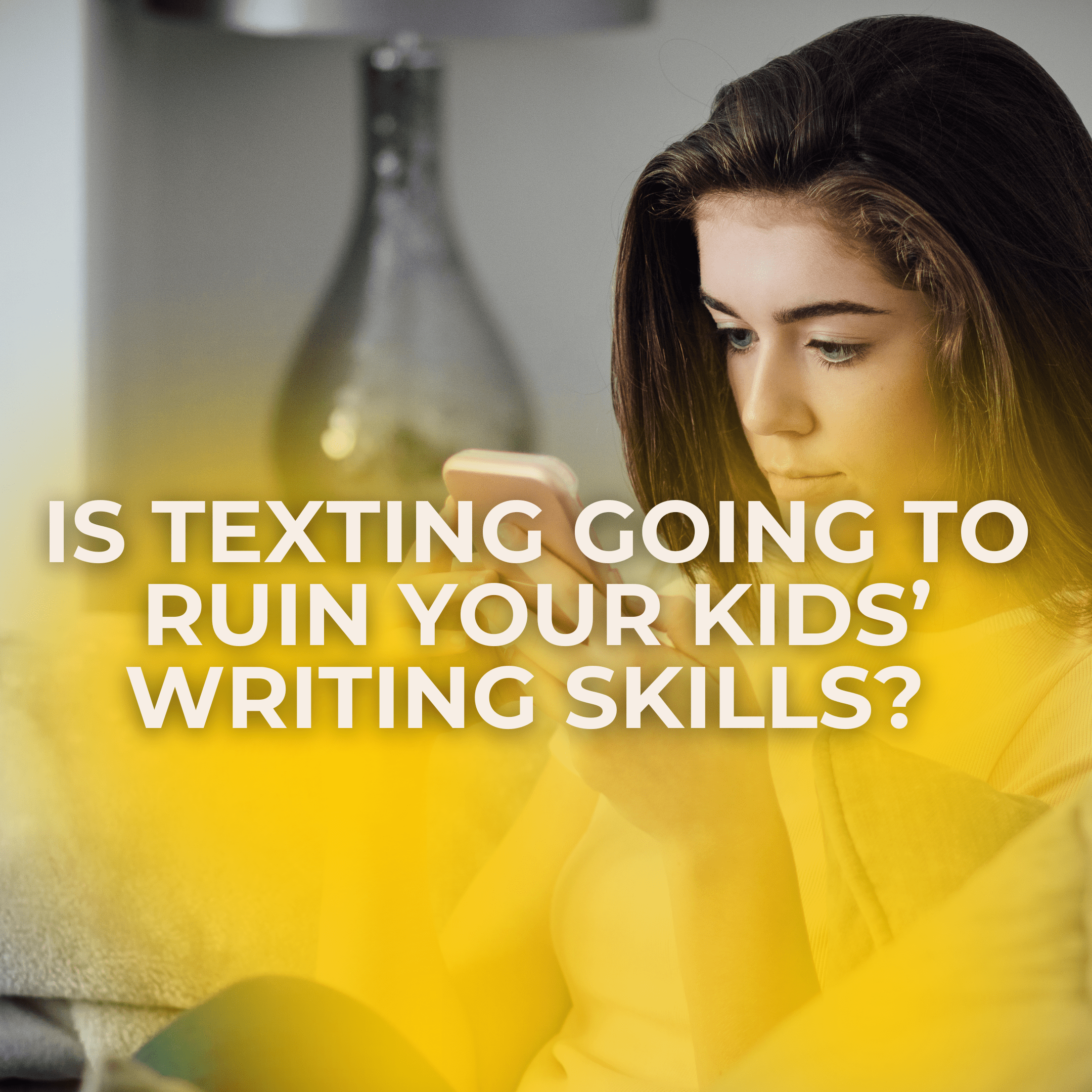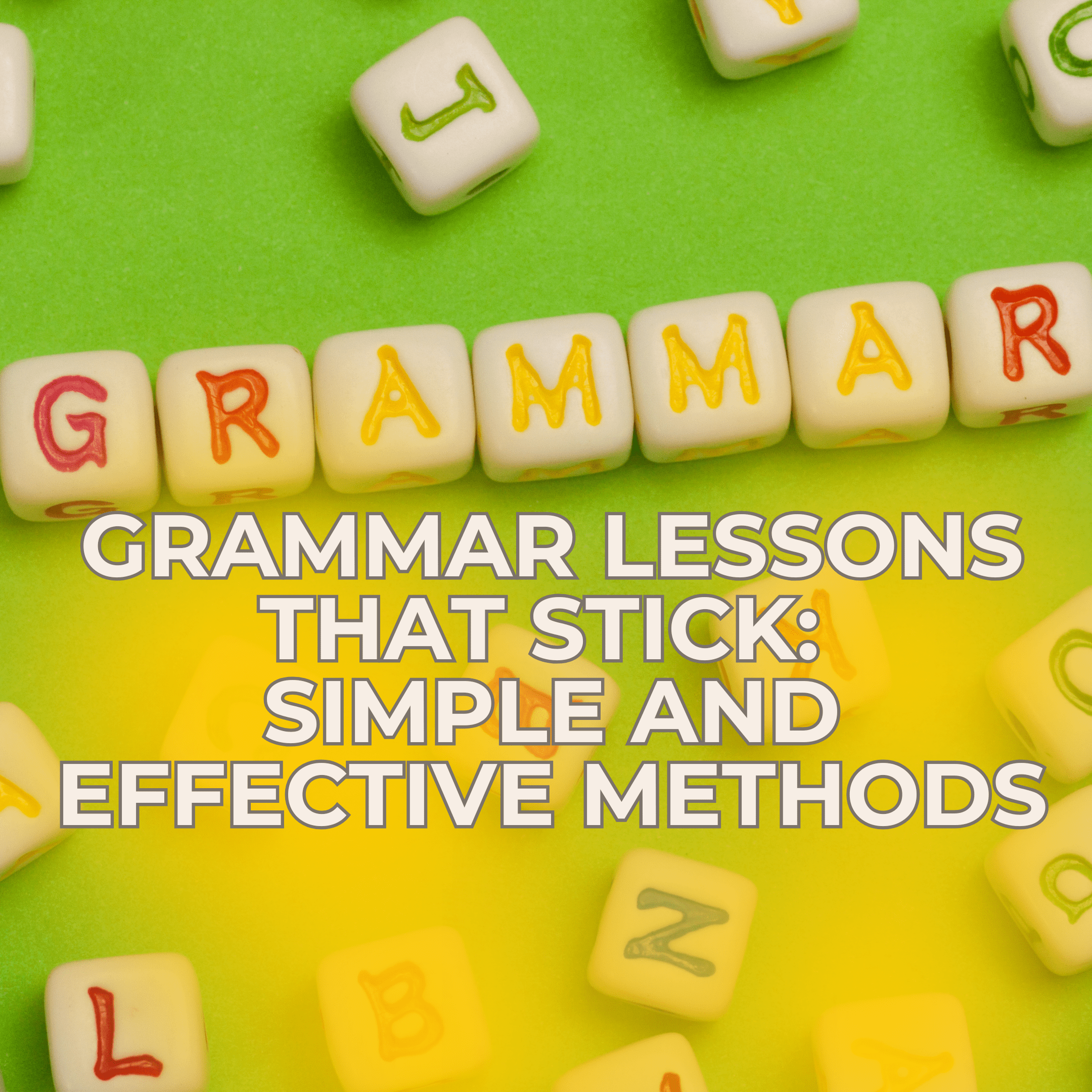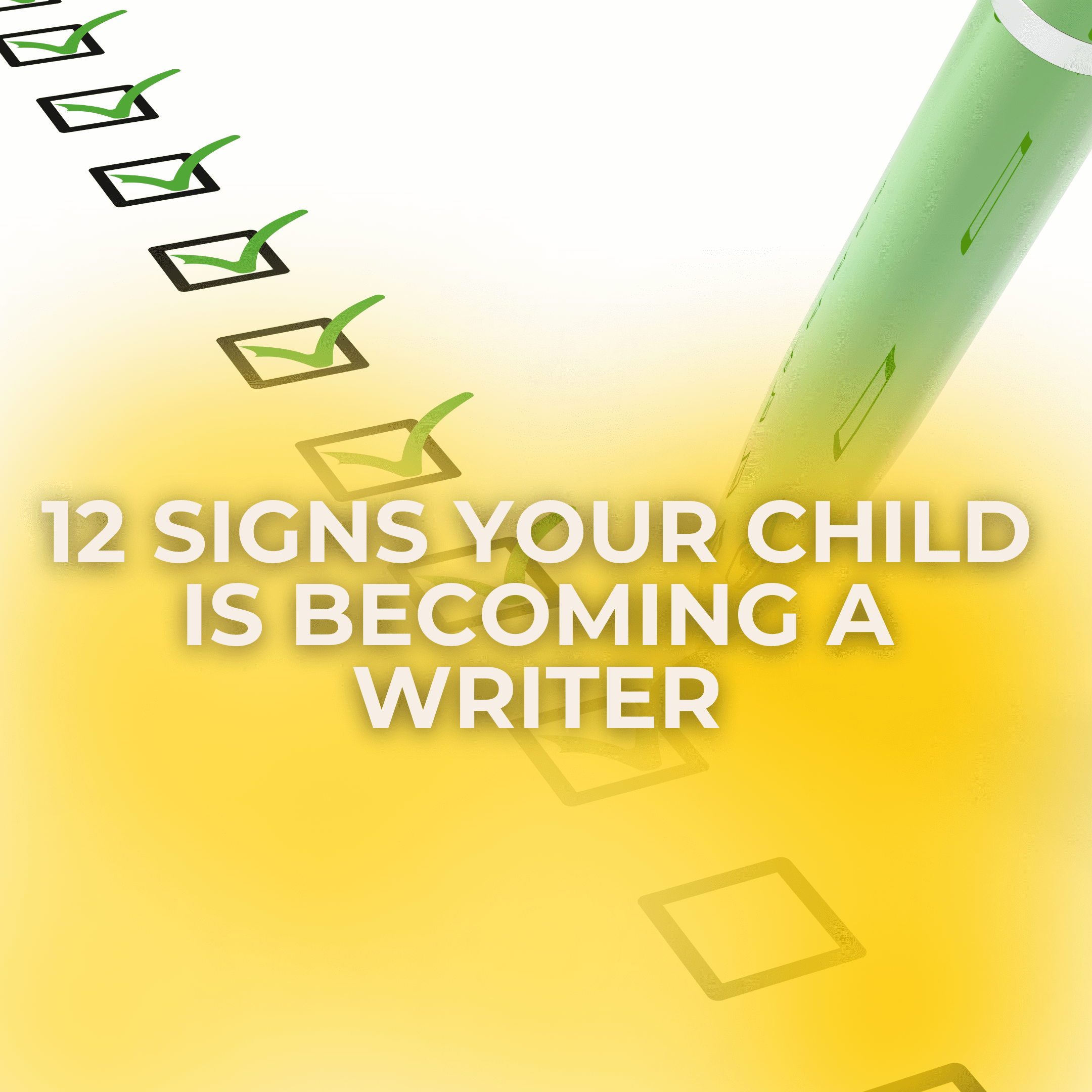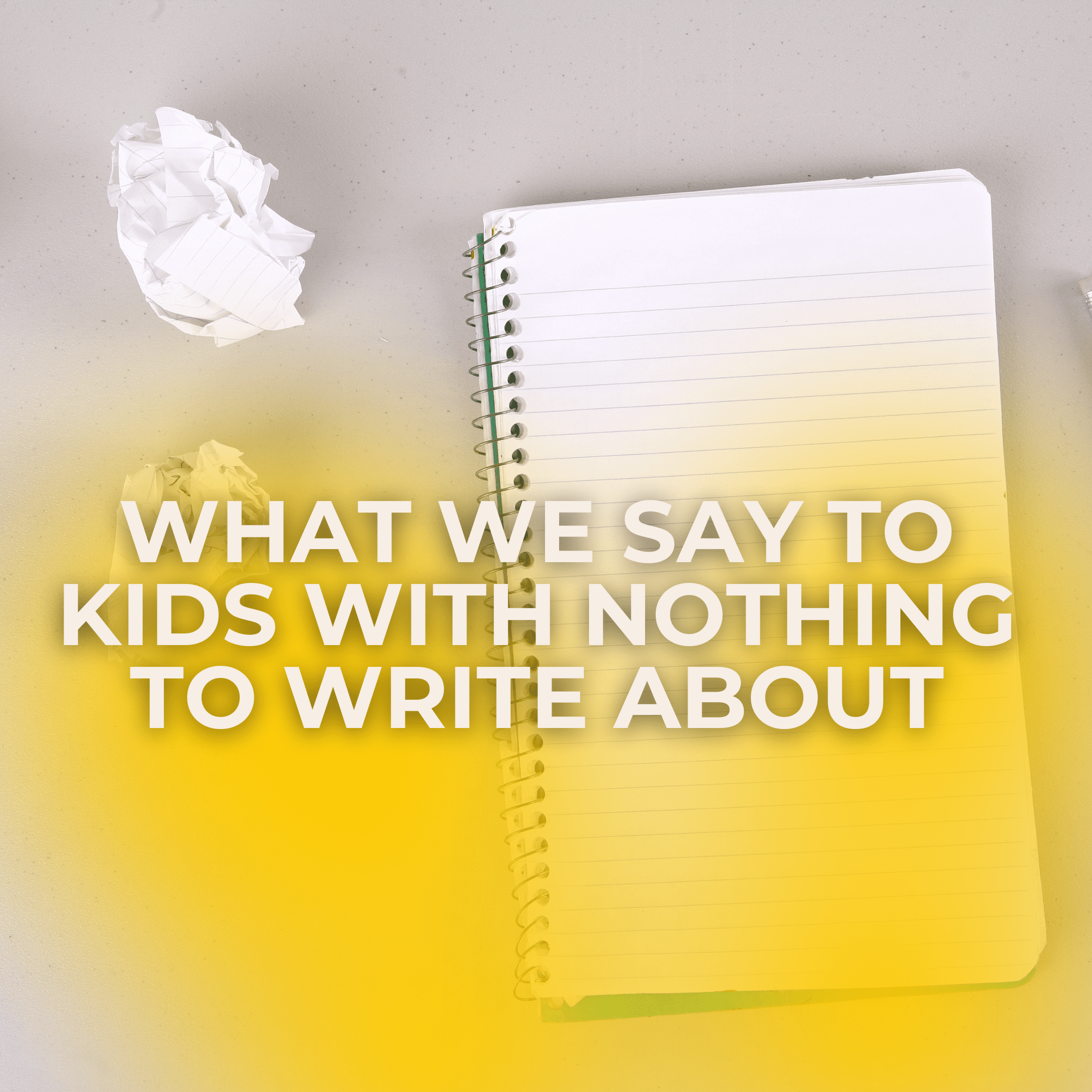I used to think texting was going to ruin kids’ writing skills. Here, for example, are clips from texts I (Carrie) received from my daughter this weekend:

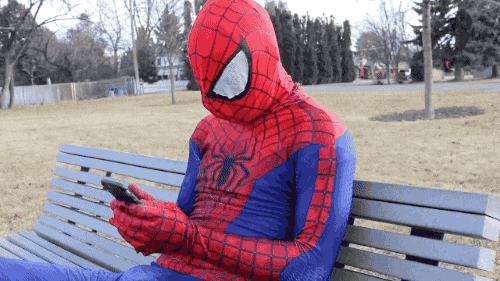
1. Texting gives extra literacy skills.
2. Texting gives practice in writing for different audiences.
3. Texting gives kids (and all of us!) a chance to be a part of living language.
Our language is dynamic and evolving. Every year, there are hundreds of words added to the dictionary. Many of these words have their start in the creative expression of text messages (like the little snippets on my phone from my daughter.) With the right approach, textese gives us a whole new way of looking at writing with our kids.
SO WHAT’S THE UPSHOT? Don’t be afraid of “textese.” Instead, stay curious. Remind your children that being good at all kinds of writing for all kinds of audiences and purposes is an important and powerful skill. Texting will definitely be part of this skill set. It isn’t going to ruin our kids as writers, but lets them be part of a great conversation as language evolves.

Signing off today with a little textese . . .
Your bff’s


